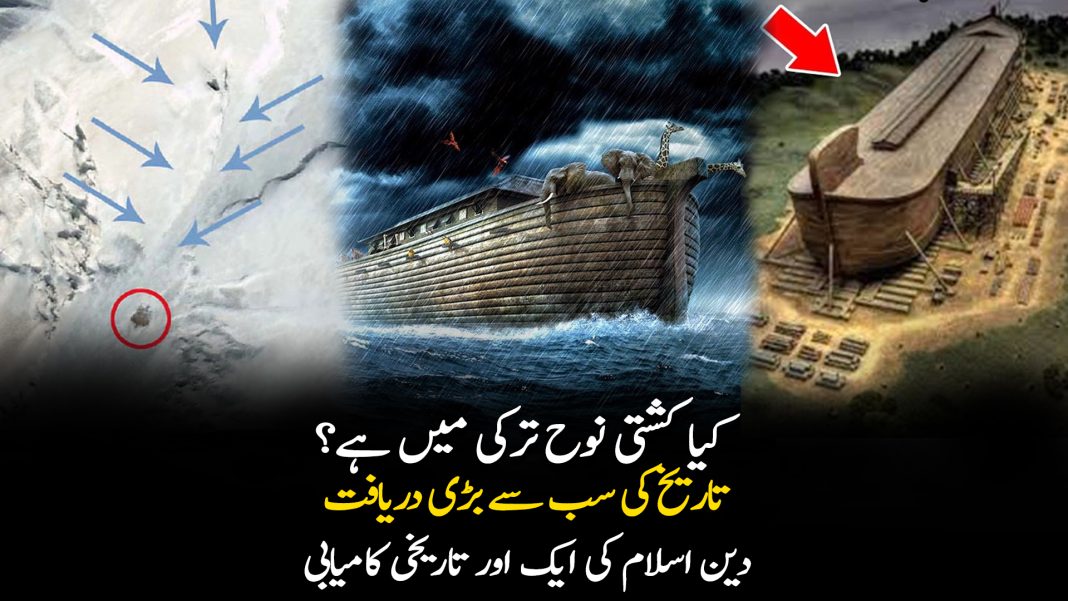Dear friends, the existence of nations mentioned in the Qur’an still persists in the world today, a testament to Allah Almighty’s mention and His punishment for the disobedient and deniers of His messengers. The Qur’an highlights these nations to guide and liberate Muslims.
Allah spared all living beings aboard the boat, including Noah’s family and various animals, from the great flood, referring to Hazrat Noah (peace be upon him) as the Second Adam in Islam.
Recently, a team of Christian preachers and scientists from China conducted a search for Noah’s ark and claimed to have found it on Mount Ararat in eastern Turkey, buried under snow at a peak height of 12,000 feet. The boat has three floors and several large rooms, making it a remarkable discovery.
However, some have raised doubts about the authenticity of the findings. Researchers conducted forensic testing on wooden specimens from the boat, but the age of the samples could not definitively prove that they belonged to Noah’s time. Turkish and Chinese experts are planning to use modern devices and X-ray machines to explore further and reveal any hidden secrets.
Search for Noah’s Ark
This search for Noah’s ark is not new, as evidence from various sources, including ancient Assyrian writings, also indicates the existence of such an event. These concrete proofs challenge those who dismiss these events as mythical stories.
Muslim historians have associated the location of the ark with Mount Jodi, while Christian preachers argue it stopped at Mount Ararat, near the border of Turkey and Armenia.
In the Qur’an, Hazrat Noah is regarded as the longest-living prophet, having lived for nine hundred years. When his nation persistently disobeyed despite warnings, Allah commanded him to build the ark. The boat, with a length of three hundred yards and a height of thirty yards, endured the great flood for six months and eight days.
After the waters receded, Hazrat Noah established the city of Khasran and a mosque called Samanin. Today, his shrine stands in Lebanon as a testament to the storm of Noah.
These discoveries and accounts serve as compelling reminders of the events mentioned in the Qur’an and call for reflection and acknowledgment of their significance.


